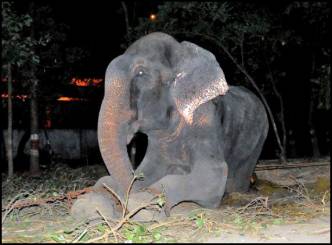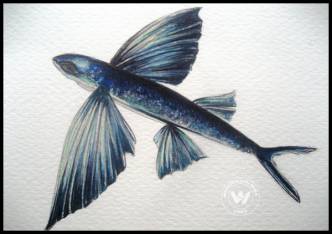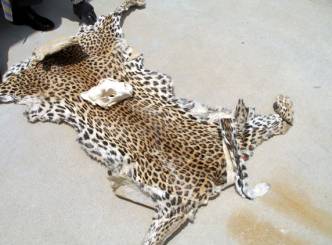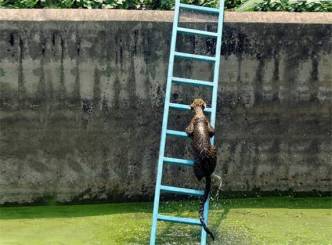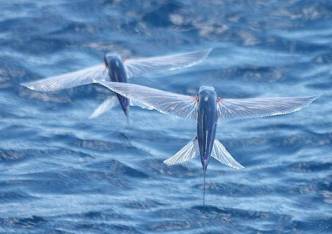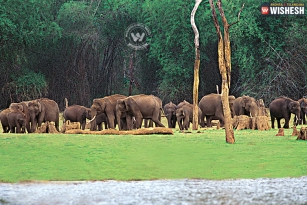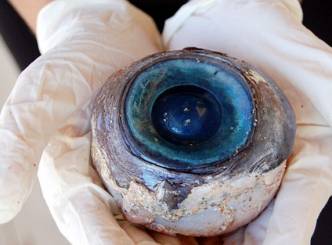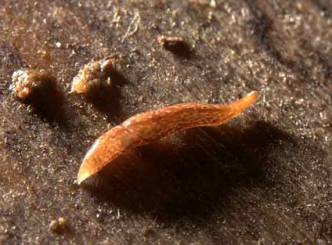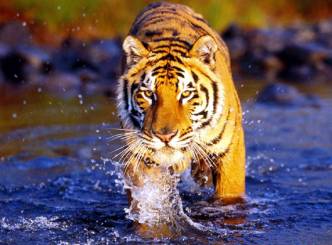
Parambiklam forests in the Palakkad district of Kerala are now home to a variety of rare and mutant animal species. Melanistic animals that were spotted in the forests are now and attraction to many wildlife enthusiasts.
There were photographic evidences of a few animals and recently a pseudo melanistic leapord was photographed on a camera that was actually intended for tracking tigers. A melanistic deer was also reportedly seen earlier.
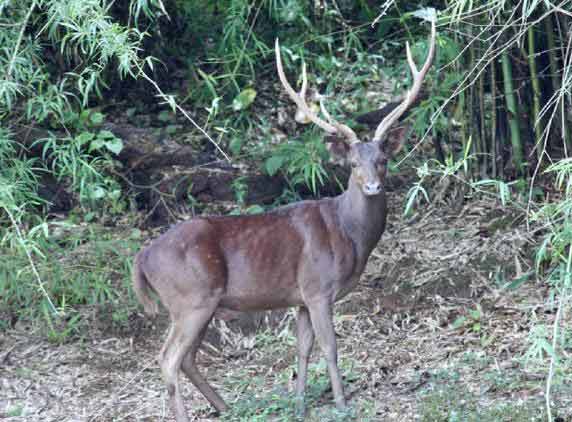
There was no evidence or a photograph of the animal but a few people have said that they even spotted black panthers.
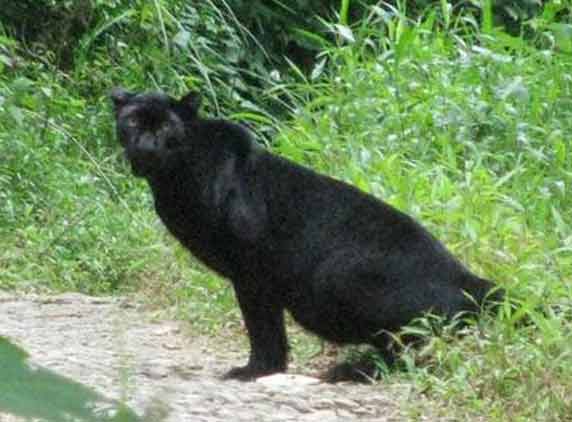
The images reveal that the leaport had a luxurious coat like design on its body with the dark spot that were enhancedly dark and closer. The deer however was completely melanistic with the white spots overshadowed by a dark coat, making it appear almost black as opposed to the flecked brown coat.
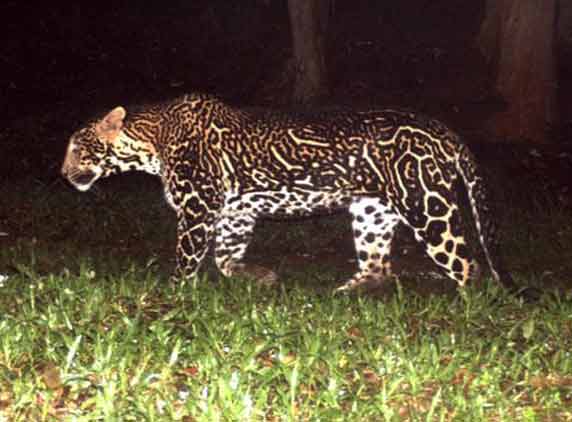
The DNA analysis of the droppings of the deer were performed and it was revealed to be a spotted deer, said Sanjayankumar, Wildlife Warden of the sanctuary. However the detailed analysis couldnt be performed as the fresh excreta was unavailable.
Melanism is considered as a technique of camoflauging in the dark interiors of the forest to stalk their prey or hide from predators. The expression of a recessive gene causes melanism and the surroundings have no impact on it as compared to the changing of colors on the body of a chameleon.
Dr.John Singh said that melanistic leapords are not very rare but chitals are rarely seen with that condition. The Parambikulam Tiger Reserve authorities have plans to install more camera traps to have more information of these animals in the deciduous forests.
AW- Anil















